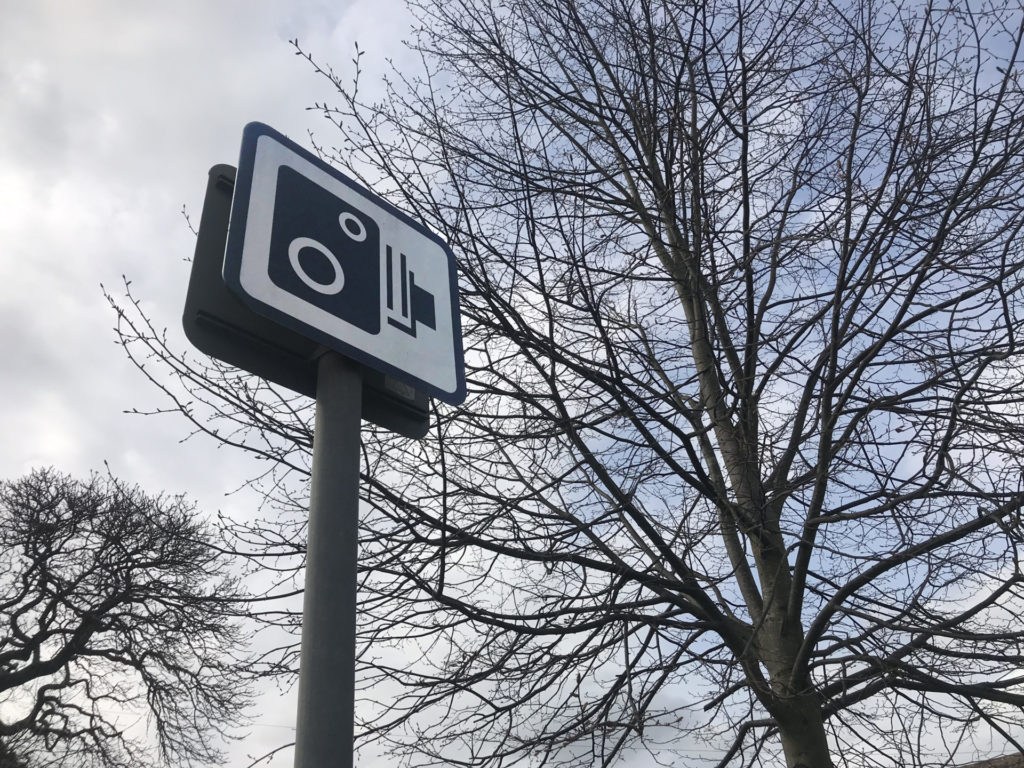The margin of tolerance on speed cameras before giving people driving too fast a speeding ticket will disappear, as part of Federal Justice Minister Vincent Van Quickenborne's efforts to increase traffic safety.
An extra public prosecutor's office for traffic safety in all of Belgium will be set up to support the 14 already existing local prosecutors' offices in the administrative handling of traffic fines, announced Van Quickenborne on Monday.
Additionally, the 'tolerance margins' will be systematically phased out.
A tolerance margin sets a certain speed threshold before the camera is triggered, and before a ticket is issued. An official report to fine the driver is then only drawn up if the speed exceeded the agreed tolerance margin.
In some places, this tolerance margin is currently noticeably higher than the speed limit indicated on the road signs, mainly because the public prosecutors' offices do not have sufficient people to prosecute all traffic offences.
"In Brussels, for instance, a speeding offender is now only fined from 47 km/h in a zone 30," Van Quickenborne said.
Related News
- Brussels Zone 30 won't yet pursue speeds under 47 km/h
- Speed camera marathon finds 11.7% of vehicles driving too fast
As a result, traffic offenders in these zones are often not fined for minor speeding offences in practice. These margins can differ from region to region.
However, this does not mean that people driving 1 km/h over the speed limit will be fined, due to the 'technical margin of error' on the speed cameras.
It concerns a small margin to compensate for possible technical errors of measuring devices. This error margin will continue to exist, at least until all devices can measure with 100% accuracy.
Currently, the technical margin is 6 km/h for all zones where you are allowed to drive a maximum of 100 km/h. From the moment the speed threshold rises above that, such as 120, the margin is 6% on that permitted speed. That remains unchanged.
Speed cameras will have to be active, always and everywhere, and all section controls (over longer stretches of road) will also have to work effectively. Currently, only a third of them are effective.

